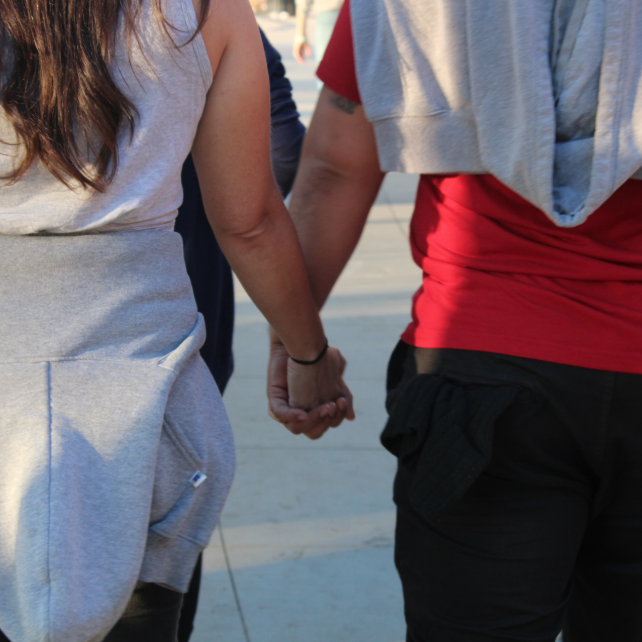
“Don’t let boys ruin your life. School should come first. Girls who play with boys are shameful,” my mom said to me when I was in middle school.
I would hear these words frequently years later, especially when she was mad at my dad, and each time, the harsh connotations of the statement would be blurred by the softness of her Fujianese dialect. Only now, in English translation and after my first sexual experience at the age of twenty, have I stopped to consider the implications of her message and its subliminal effects on how I interact with people of a different gender.
Looking back into my childhood, I realize how reserved I was and question whether my uncomfortableness with boys stemmed from my belief that they had cooties or my mom’s constant reminders to stay away from them.
In high school, when I started menstruating, the reminder intensified in shorter increments. At the time, I was also figuring out my own body, confused about what it meant to be a “woman”; my sexual education in elementary school did little to prepare me for my teenage years.
When my fellow eighth-grade classmates began dating, I stared at them in disbelief, wondering what sorts of deeds they were doing behind their parents’ backs. My friends and I spent our afternoon gossiping about the relationships we heard about.
“Were you there when Clara kissed Jake at the movie theater? I heard she was all over him.”
“No way, weren’t they embarrassed with so many people at the movie theater?”
Then, middle school became high school and our list of taboos grew longer to include alcohol, drugs, and sex.
Throughout my transition into adulthood, or more specifically, womanhood, my mother did very little to guide me; we rarely talked beyond school and public family matters, so bringing up questions pertaining to sex was unimaginable for me. I found tampons scary to me because it meant sticking some unfamiliar object up an even more unfamiliar body part and my teenage self equated the action to losing my virginity. Thus, I turned to Google for my unanswered curiosities.
The stark contrast in sexual education became most evident in the gym locker room where we changed for gym. My white classmates, who grew up in nonconservative households, seemed to be more confident about their bodies, often sharing and comparing their experiences with different boys in our school. When their periods came during swim class, they used tampons while my friends and I sat out on the bleachers. Since high school, I’ve always felt intimidated by my white peers who seemed, as a whole, more confident and outgoing. Now, I wonder if their extroverted nature came from the more substantial sexual education and conversations their parents provided them.
In college, miles away from home, I thought I would be more comfortable with boys. I’m not.
I spent my freshman and sophomore year partying and drinking, trying to make up for the absence of such activities during my teenage years. Yet, I continue to flinch from the touch of college boys who come too close and each time, my mom’s warning comes into mind and I feel a bit guilty.
I stood in between wanting to be in a relationship and being too afraid of trying, and of intimacy with boys.
“The first time is never good,” my high school friends told me after becoming intimate with their own partners. A point that was realized weeks ago when I lost my virginity to my partner, who had patiently waited a month for me to decide whether or not I wanted to be in a relationship.
The quick fifteen-minute intercourse was rough, messy, and ended with a condom slipping off. While my partner left to buy emergency contraceptives, I did laundry to distract myself from what had happened. I was physically sore and emotionally distraught.
After the experience, I could only think about my mom, her words, and what her reaction would be. Of course, I couldn’t and wouldn’t tell her.
Instead, I confided in my friends who had done the same thing when they lost their virginity. I feel a twinge of envy when I hear my friends are able to have intimate conversations about things like this with their mom. That isn’t to say that my mom and I have not gotten a lot closer after I moved away for college, because we have, but I don’t see myself being ready to share my new relationship with her anytime soon.
My partner and I are sexually active and our intercourse has gotten a lot better since the first time. We’ve even begun trying out new things, but my partner doesn’t know about my mom or the views that I grew up with, and I haven’t thought about sharing it with him, at least not yet. And every so often, my mom’s warnings still come to mind. Instead of guilt, I’m more ambivalent; I’ve come to understand that her views come with good intentions, but are inspired by the unique intersections of culture and intimacy.
Comments are closed.